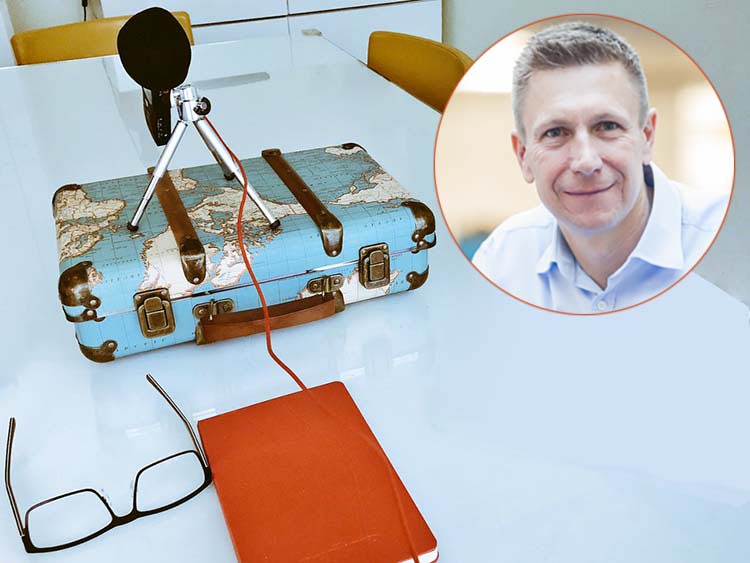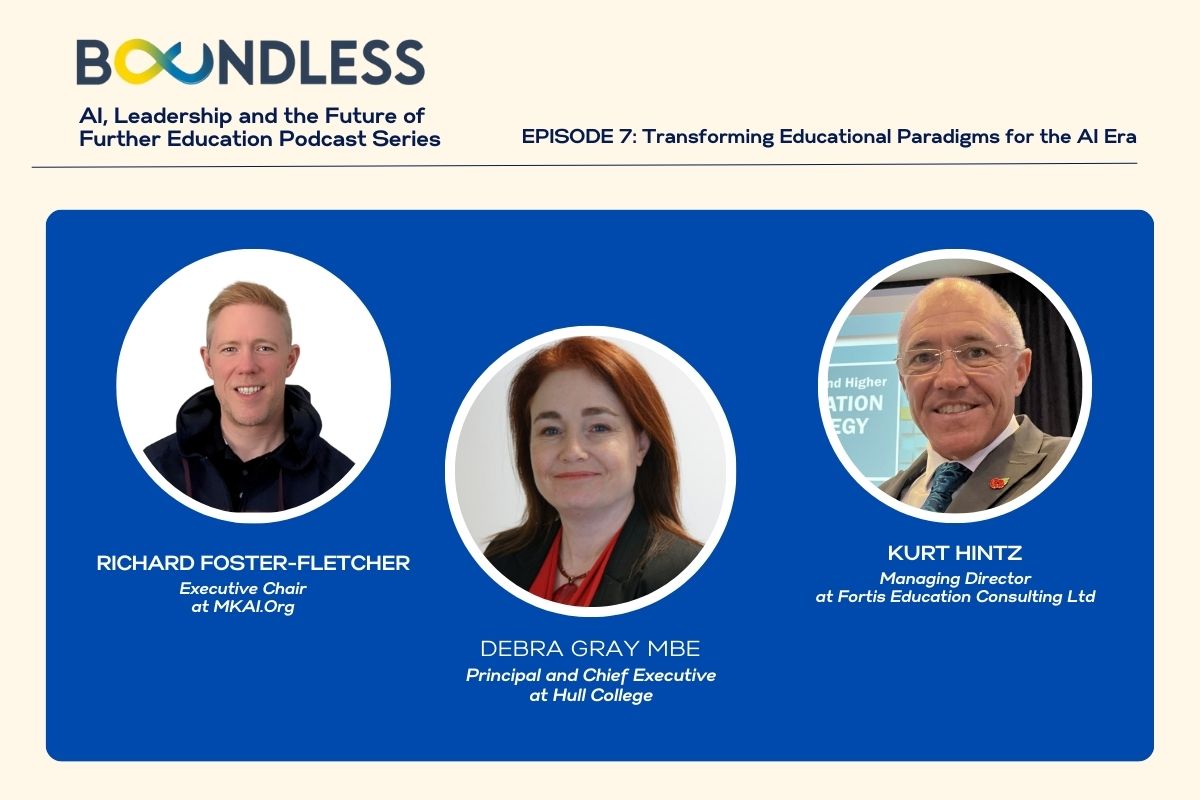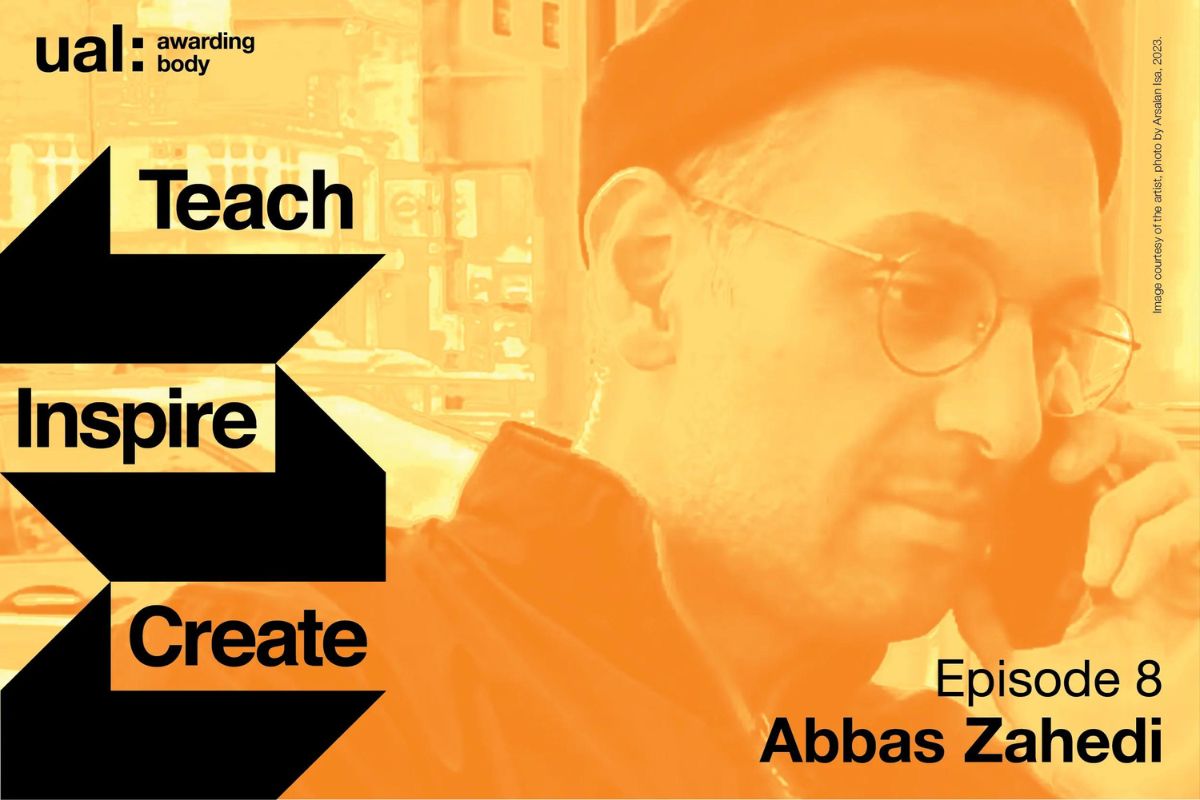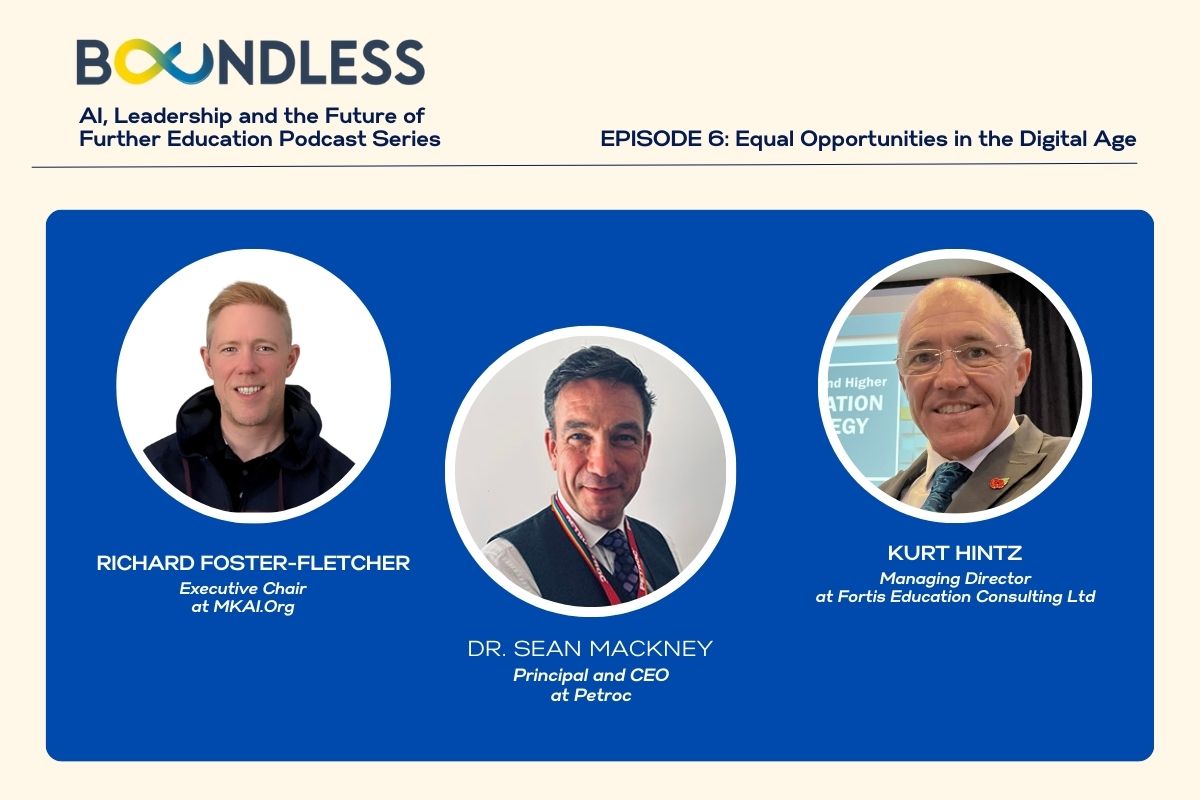Skills Priorities and Challenges in Wales: Tom Speaks To Philip Blaker for #SkillsWorld

This week for Skills World, Tom Bewick is joined by Philip Blaker, Chief Executive, Qualifications Wales, to discuss the current skills priorities and challenges in Wales.
What are the key priorities for skills and learning in Wales?
There are a number of things which are of interest, but probably two things principally.
- One is the degree to which Wales is a relatively small nation can have agency in its own skills agenda, and the degree to which it’s tied in to a bigger UK agenda.
- The second area is trying to look what are the real areas of opportunity for economic growth, and what are Welsh Government ambitions in terms of areas for growth.
Thinking about the first thing, divergence, clearly we’re making some decisions as a regulator to do somethings differently. Welsh Government are making some decisions to do things differently as well. Sticking with qualifications as a principal part of Apprenticeship frameworks, rather than moving to End-Point Assessments, as an example. Now, those differences create opportunities for Wales to do things differently and I would hope well, certainly if we are involved in it.
Whether it’s a pejorative answer to say better elsewhere, but we would certainly want to do things well.
That might suit the needs of some employers, but for bigger employers, they are going to have a big skills agenda in England, and a big skills agenda in Wales. They’re not going to want to see divergence between those two areas.
I think there is an issue there in terms of divergence, about riding two horses. Riding a horse of doing what’s right for Wales in terms of its economic priorities, and areas where it wants to strengthen the skills agenda, and making sure that it stays in step, or at least has an eye on what is going on across the UK, so there can be that portability.
{https://soundcloud.com/fenews/philip-blaker-ceo-qualifications-wales}
What role do you see Qualifications Wales, awarding bodies and other providers have got in tackling the perception that Wales is behind other parts of the UK, in terms levels of skills attainment, and in terms of workplace productivity?
I think it is always very unhelpful to make comparisons at a national level between Wales and England, because they are so different.
If you look at Wales as a largely rural environment, you’ve got different transport, you’ve got different industries.
You say about productivity, if you look at something like advanced manufacturing and semiconductors, Wales is actually up there alongside Taiwan as one of the major global centres of production of semiconductors.
If you look at something like aerospace, you’ve got big aerospace industry, you’ve got Aston Martin from the automotive sector now in the Vale of Glamorgan.
So you’ve got a number of big employers there, if we’re looking at the skills agenda, high performance cars, aircraft, semiconductors, that are used in the latest technology. Having the skills to be able to contribute towards productivity in those areas is a big thing.
Airbus are in North Wales, you got people like General Dynamic and the like that are in South Wales, so there are some big high-tech employers.
Do you think divergence is a bad thing for learners and employers?
You have to keep an eye on the fact that there needs to be some consistency so that employers that act across borders can have a good idea of what they are getting.
The whole point of having devolution is to be able do the right thing for your locality, so that you’re not tied in to an agenda which might not suit your economic aspirations.
Regulation
Thinking about regulation, and our role in regulations. We are probably at the best position we’ve ever been in for working collaboratively with our fellow regulators, that will relate to FABs awarding bodies.
We’re looking together at the review of conditions, to make sure that we stay as aligned as we possibly can, but recognise that there would need to be differences in some areas, but actually making those areas of difference explicit, minimal.
Making it clear to awarding bodies what’s required of them in each jurisdiction, so that they can’t accidentally fall into non-compliance, or issues like that is really important.
So, I think there is always scope for difference, but you’ve got to keep an eye on trying to keep things user-friendly for those people who need to use what you are doing.
Philip Blaker, Chief Executive, Qualifications Wales, talking to Tom Bewick for this week’s episode of Skills World.
Despite best endeavours to ensure accuracy, text based on transcription may contain errors which could alter the intended meaning of any portion of the reported content. Speakers have not had the opportunity for any corrections.











Responses